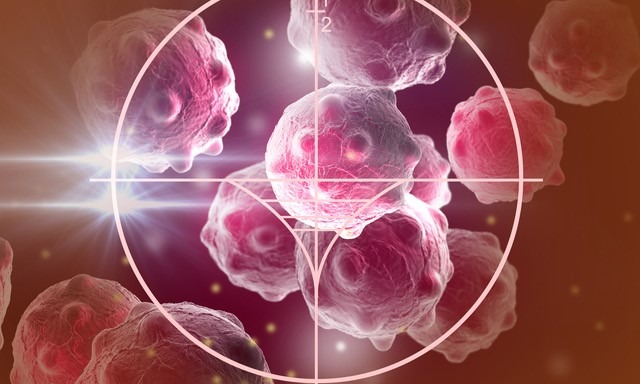In a new study recently published on the Journal of Clinical Oncology, an international group of experts including Luca Gianni, president of Fondazione Gianni Bonadonna, investigated the role of pathologic complete response in early breast cancer after neoadjuvant therapy, showing that it’s a strong prognostic factor for event-free and overall survival.
The authors analyzed individual data from 3710 patients randomly assigned in 11 neoadjuvant trials for HER2-positive early breast cancer, with available data for pathologic complete response, event-free survival, overall survival and a follow-up ≥3 years (median 61.2 months); the neoadjuvant systemic treatment consisted of chemotherapy plus anti-HER2 therapy and analysis was conducted assessing baseline clinical tumor size and clinical nodal status as other prognostic factors. Results showed that regardless of hormone receptor status, clinical tumor size and clinical nodal status, the 5-year event-free survival and overall survival rates were higher in patients with a pathologic complete response than in patients without. If patients experienced a pathologic complete response, pretreatment tumor stage and nodal involvement were prognostic factors for event-free survival, identifying patients at higher risk of relapse despite pathologic complete response; in patients without pathologic complete response, clinical tumor size, clinical nodal status and hormone receptor status were significant and independent predictors for both event-free survival and overall survival. As the Journal of Clinical Oncology senior deputy editor Kathy Miller wrote, «Many had assumed that achieving a pathologic complete response was the great equalizer and that patients with a pathologic complete response had a low risk of recurrence regardless of the extent of disease at diagnosis. These results are sobering: clinicians should not attenuate adjuvant therapy in patients with pathologic complete response outside of well-designed clinical trials».

In a new study recently published on the Journal of Clinical Oncology, an international group of experts including Luca Gianni, president of Fondazione Gianni Bonadonna, investigated the role of pathologic complete response in early breast cancer after neoadjuvant therapy, showing that it’s a strong prognostic factor for event-free and overall survival.
The authors analyzed individual data from 3710 patients randomly assigned in 11 neoadjuvant trials for HER2-positive early breast cancer, with available data for pathologic complete response, event-free survival, overall survival and a follow-up ≥3 years (median 61.2 months); the neoadjuvant systemic treatment consisted of chemotherapy plus anti-HER2 therapy and analysis was conducted assessing baseline clinical tumor size and clinical nodal status as other prognostic factors. Results showed that regardless of hormone receptor status, clinical tumor size and clinical nodal status, the 5-year event-free survival and overall survival rates were higher in patients with a pathologic complete response than in patients without. If patients experienced a pathologic complete response, pretreatment tumor stage and nodal involvement were prognostic factors for event-free survival, identifying patients at higher risk of relapse despite pathologic complete response; in patients without pathologic complete response, clinical tumor size, clinical nodal status and hormone receptor status were significant and independent predictors for both event-free survival and overall survival. As the Journal of Clinical Oncology senior deputy editor Kathy Miller wrote, «Many had assumed that achieving a pathologic complete response was the great equalizer and that patients with a pathologic complete response had a low risk of recurrence regardless of the extent of disease at diagnosis. These results are sobering: clinicians should not attenuate adjuvant therapy in patients with pathologic complete response outside of well-designed clinical trials»
.